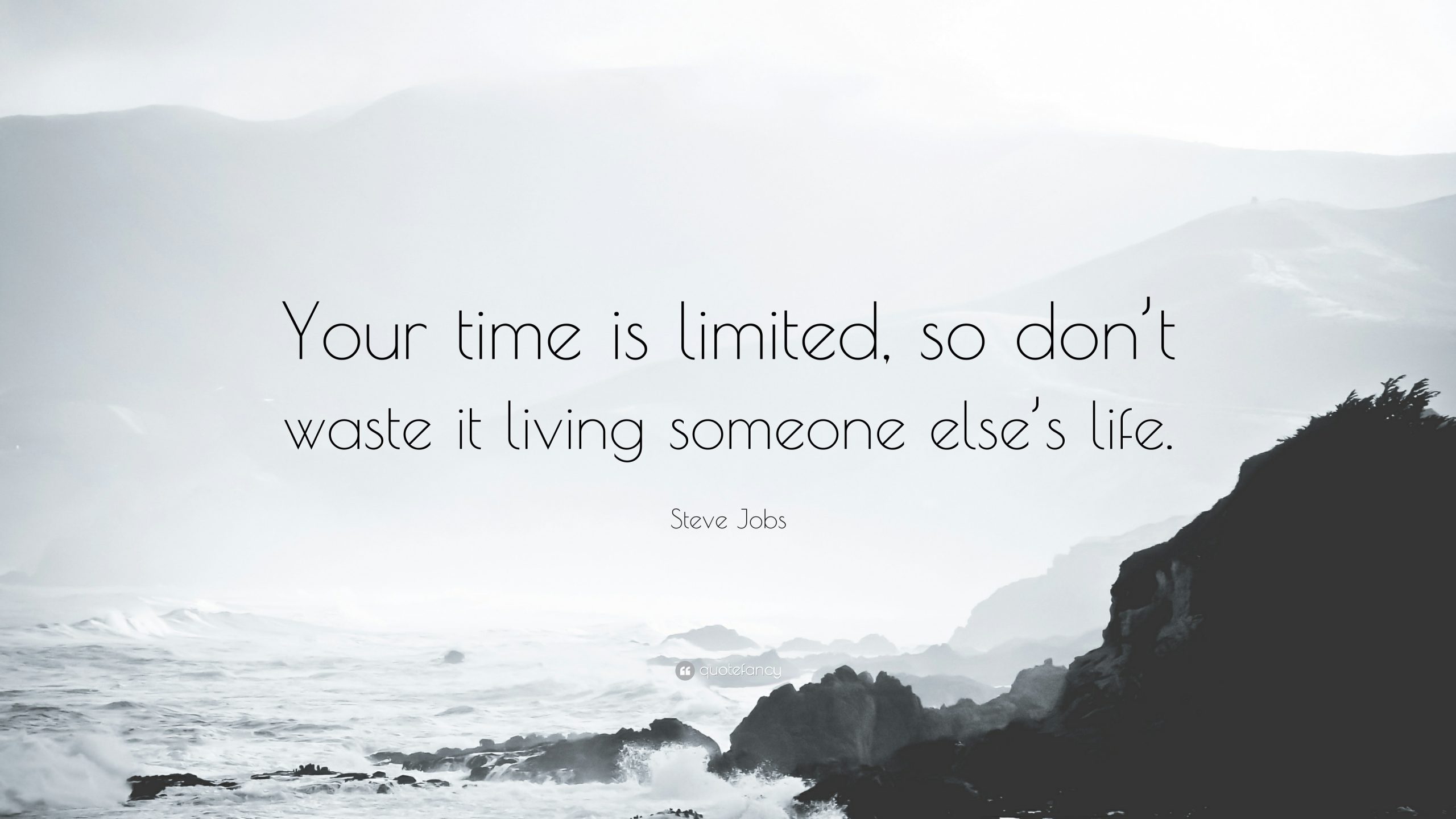Foundations
Experiential living
Experiential living is a cornerstone for living a full-fledged life that is rich with experiences, meaningful relationships and achievements. Do you want to live a full-fledged life?
Experiential living is a philosophy that encourages people to live life to the fullest by engaging in meaningful experiences. The core principles of experiential living can help individuals to create a life that is meaningful, fulfilling, and purposeful.
First coined by psychologist Abraham Maslow in the 1940s, Maslow argued that people should strive to maximise their potential and experience life to the fullest. To do this, he proposed that individuals embark on a journey of relentless self-discovery and actively seek out meaningful experiences. Now while he believed experiences, such as travel, art, nature and relationships were essential to living a fulfilling life.
By no means is that an exhaustive list. One can engage in music, sing, journal, read, play sports (extreme or otherwise), pick up a musical instrument, go hiking, volunteer and so forth. The list is endless however the focus is on engaging in meaningful experiences in order to learn and grow. Other principles include the importance of taking risks, being open to change and embracing uncertainty.
The idea is to be more open to new experiences, to have a greater appreciation for the present moment, and to live an engaged and meaningful life.

“Life is a succession of lessons which must be lived to be understood.” – Ralph Waldo Emerson
Experiential living is not so much about having a perfect life, but making the most of each moment and living a life of purpose and fulfillment. For this, you have to “understand the science of achievement and master the art of fulfillment” – Tony Robbins.
While we may not always be comfortable with change and taking risks, it is an essential part of life and can lead to tremendous growth and discovery. Keeping an open mind to change and taking risks can help us to build resilience and tap into our purpose and achieve fulfillment long term.
There are 3 core principles of experiential living with the first one being mindfulness. Mindfulness involves being present in the moment and paying attention to your thoughts, feelings and sensations without judgement. This practice can help you become more aware of the present moment and help you appreciate life’s beauty. Mindfulness can be cultivated through practices such as meditation.
“The important thing is not to stop questioning… Never lose a holy curiosity.” – Albert Einstein
The second core principle of experiential living is curiosity. Curiosity is the practice of exploring the world around you and engaging in new experiences. Everyone is born with it and it’s innate and natural to every child. However, due to the process of life, we often end up being stifled and forget to expand our minds and use our curiosity. So how can you develop your curiosity? It is important to keep an open mind to new ideas and experiences as this can lead to growth and a better understanding of yourself and the world. To practice curiosity, have a growth mindset and try engaging in new activities or exploring places that are unfamiliar to you. Try to develop some of the following habits: Listen without judgment, ask questions relentlessly, be willing to be wrong, don’t be afraid to say “I don’t know” and make time for curiosity.
The third core principle of experiential living is connection. This refers to the practice of cultivating meaningful relationships with yourself and others. It is important to form connections with those around you as this could help bring a sense of purpose and belonging. You can also try reaching out to family and friends, work colleagues, or participating in activities that bring you together with others. For example, one can join peer groups, a community, a sports team and so forth. Unless you are deeply meditative and really enjoy your own company, a sense of belonging and connection help’s one keep grounded and fills one of the basic human needs.
Aside from these 3 core principles, learning from experience is also a core principle of experiential living. The focus is on learning through experience or doing rather lectures and textbooks. We can learn by being mindful of our experiences which can help us gain insight into our emotions and beliefs. Then use that knowledge to make decisions about how to respond to future experiences. The second step is to ask questions and the more questions you ask, the greater the depth of understanding you can gain. The third step in learning from experience is to take action. This allows us to integrate the knowledge gained from the experience into our lives to help us understand ourselves and the world around us better.
Lastly, we must appreciate our experiences regardless of how small they may be. This could include, the dogs for a walk in the park, appreciating a beautiful sunset, enjoying a great workout at the gym or simply taking a few moments to appreciate silence in nature.


